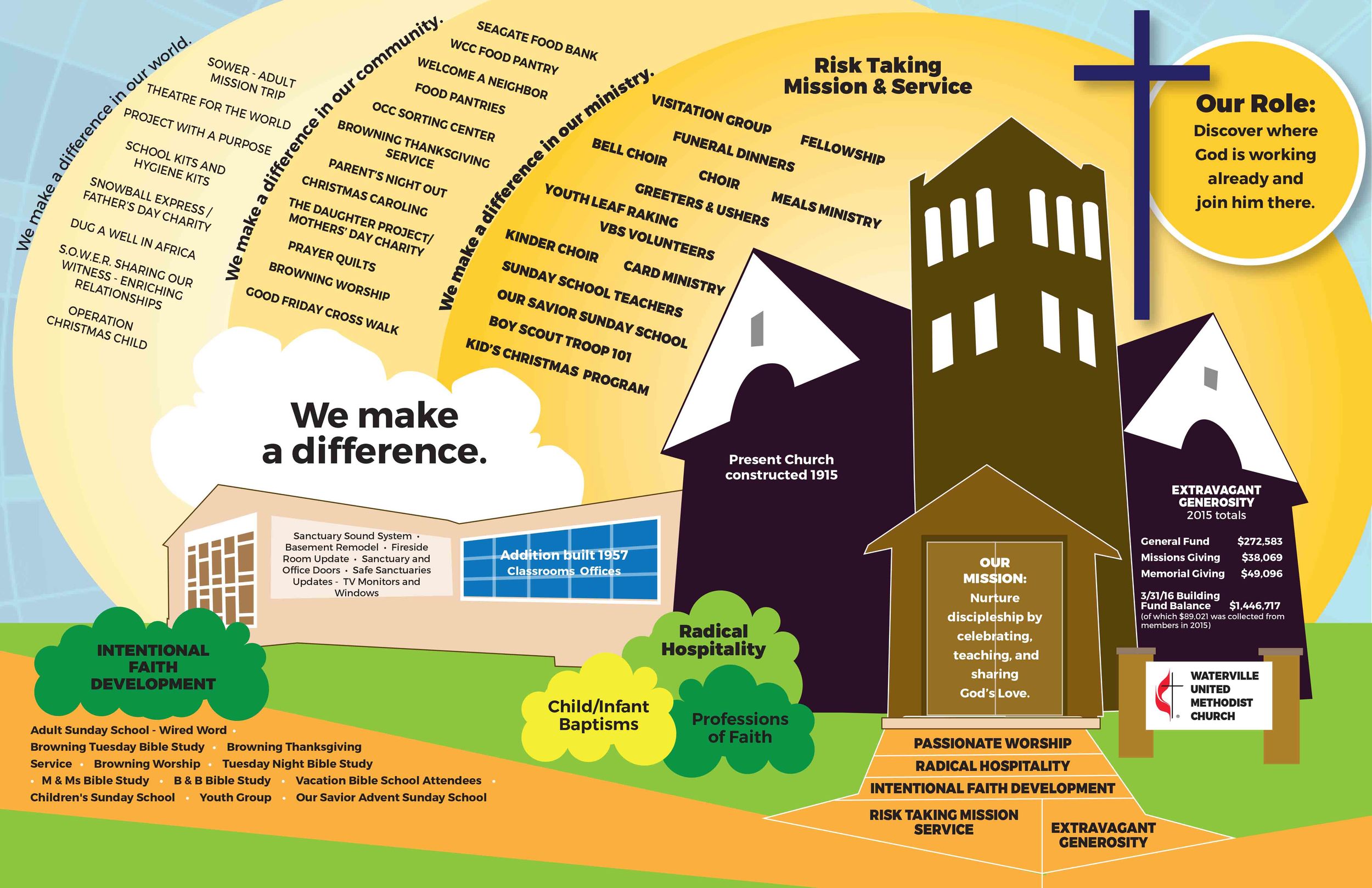Exactly How Catholic Institutions Cultivate Belief, Leadership, And Area Involvement
Exactly How Catholic Institutions Cultivate Belief, Leadership, And Area Involvement
Blog Article
Author-Caldwell McGee
Catholic schools play an unique function fit pupils' worths and abilities. By weaving you could check here into the textile of daily life, you'll see exactly how this technique cultivates a sense of function. Management frequently arises through social work, allowing students to get in touch with others meaningfully. As you discover this topic further, you may be amazed by the extensive impact these experiences have on individual growth and area communication.
The Role of Belief in Education and learning
When you step into a Catholic institution, you'll rapidly observe that belief isn't simply an add-on; it's woven into the very material of education.
From https://blogfreely.net/debrah65coy/the-payment-of-catholic-education-to-the-farming-of-concern-and-service to the play area, you'll see instructors integrating values like empathy, respect, and honesty right into day-to-day lessons. These principles lead not only scholastic quests yet additionally social interactions, helping students create a strong ethical foundation.
https://click4r.com/posts/g/21226852/a-transformative-trip-awaits-as-catholic-education-intertwines-faith-a and reflection are regular parts of the school day, motivating you to cultivate a personal relationship with God.
You'll discover that understanding isn't entirely about truths and figures; it's about cultivating a feeling of function and area.
In this environment, you're motivated to grow emotionally, academically, and directly, preparing you forever's challenges with belief at your core.
Management Advancement Through Solution
As you engage in service activities within a Catholic institution, you'll uncover that leadership often arises from a spirit of providing. These experiences not just aid you develop compassion however additionally improve your ability to influence others.
Whether you're organizing food drives or mentoring younger trainees, each act of service grows vital management abilities. You find out to communicate efficiently, delegate jobs, and encourage your peers-- all important traits in any type of leader.
Plus, encountering obstacles during solution jobs constructs durability and analytic abilities. By stepping up and taking obligation, you'll find your self-confidence grows, preparing you for future management functions.
Eventually, service ends up being a path for personal development, encouraging you to lead with empathy and stability in your neighborhood and past.
Structure Neighborhood Connections
While promoting belief and scholastic excellence, Catholic schools additionally focus on structure strong community connections. You'll locate that these colleges urge students to involve with their regional neighborhoods through numerous service jobs and outreach programs.
By joining activities like food drives, community clean-ups, and partnering with neighborhood charities, you can establish a feeling of obligation and compassion.
These experiences not just enhance your ties to the community however also assist you build enduring relationships with fellow pupils and area participants. You'll witness the effect of synergy and cooperation firsthand, growing a spirit of unity and shared purpose.
Inevitably, these links improve your educational journey, enhancing the values of belief and solution that Catholic schools impart in their trainees.
Final thought
Finally, Catholic colleges play an essential role in shaping students' lives by incorporating belief, management, and social work into their education. You'll discover that everyday practices support your spiritual development and individual worths, while solution jobs encourage you to create important management abilities. As you involve with your peers and offer your community, you'll build lasting connections and a deep commitment to assisting others. Embrace this journey, and you'll turn into a caring leader for the future.
